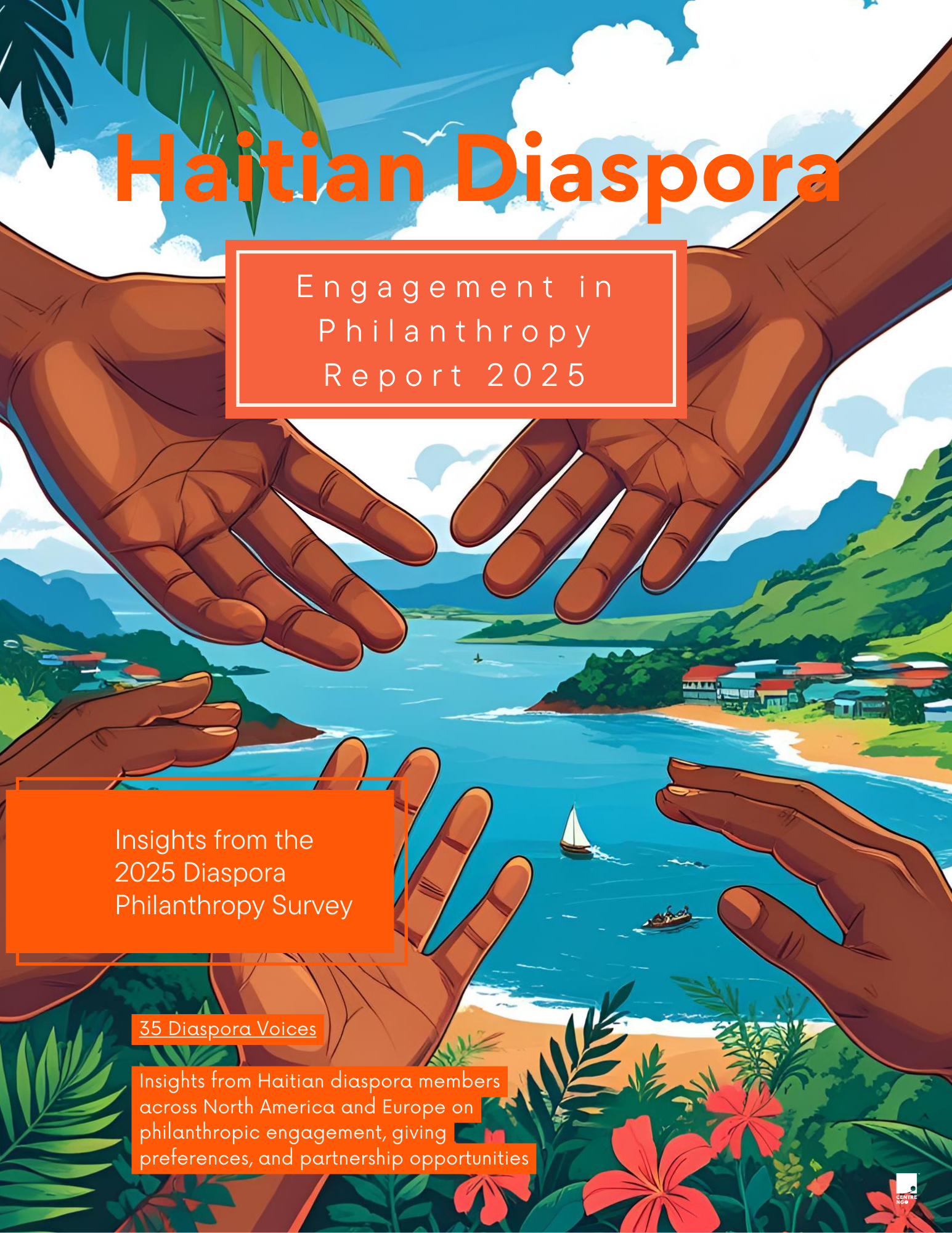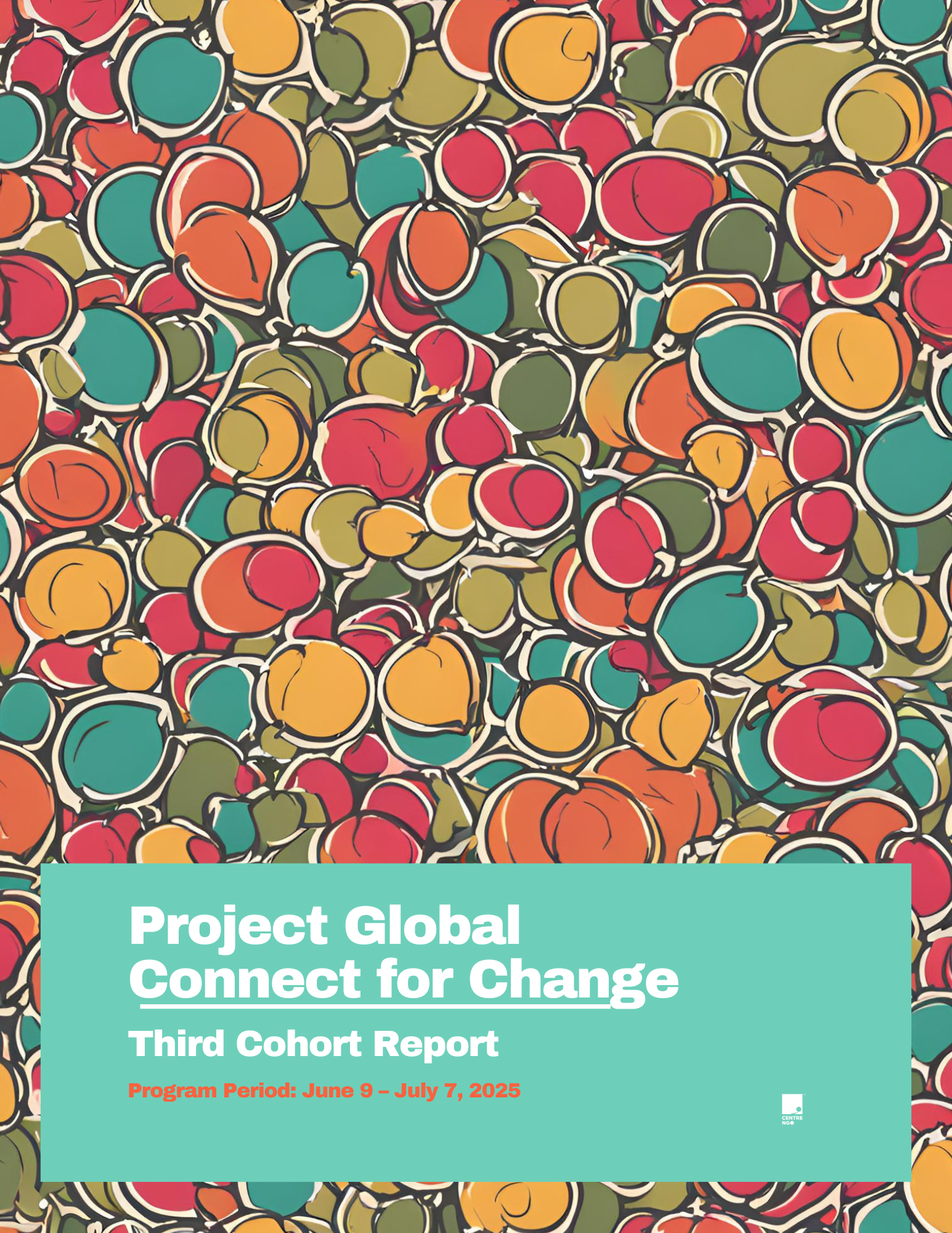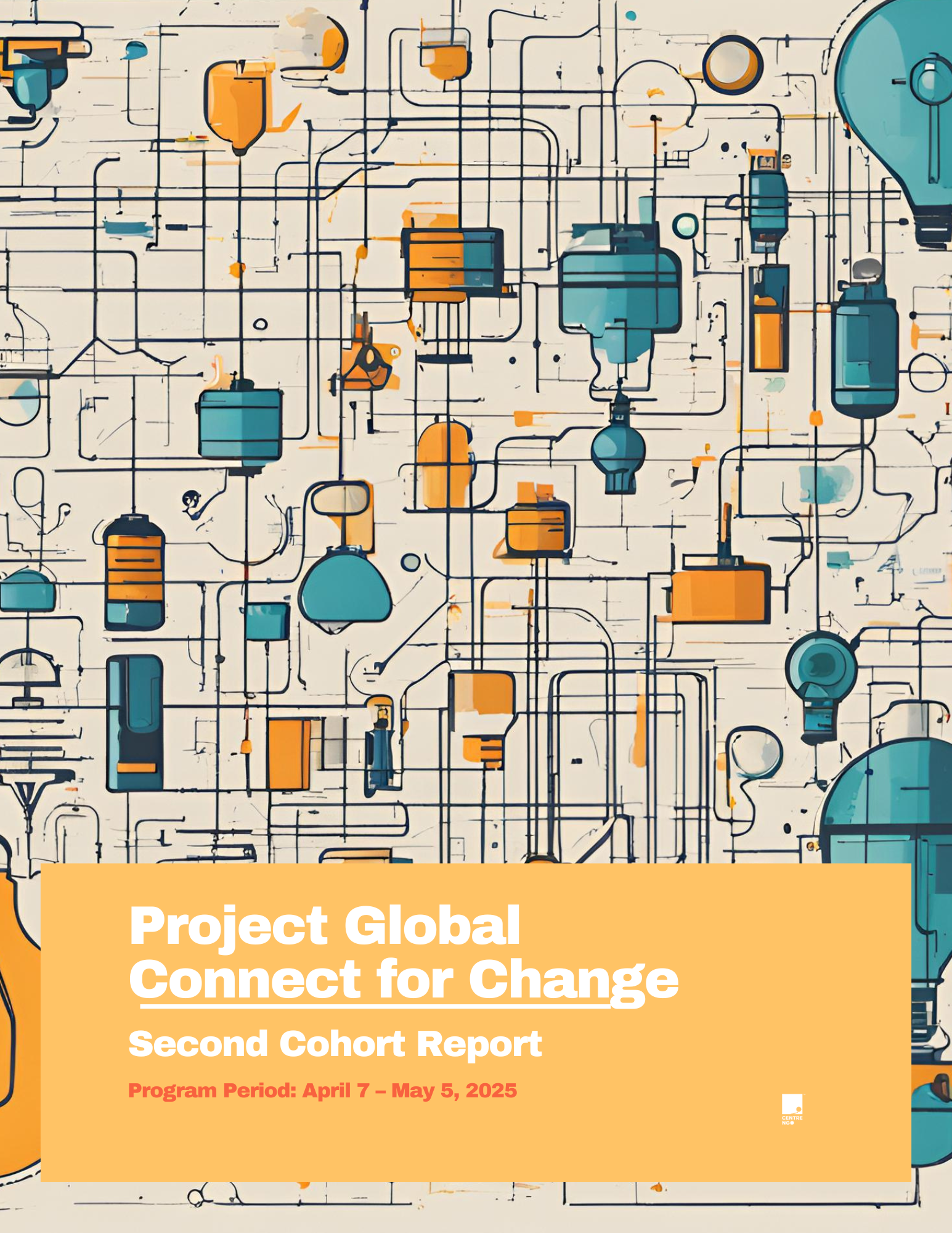
Beyond Remittances: What the 2025 Haitian Diaspora Philanthropy Survey Reveals About Organized Giving
The Haitian diaspora remits around $3.5 billion annually to Haiti, a remarkable figure that represents both the community’s economic capital and its enduring commitment to the homeland. But what if we look beyond family-to-family transfers to what we can learn about diaspora members’ practice of organized philanthropy?
Our 2025 Haitian Diaspora Engagement in Philanthropy Survey sought to answer that question, and the findings contradict general assumptions regarding diaspora patterns of giving, while uncovering tremendous opportunities for Haitian-led institutions.
The Community That Responded
Thirty-five members from the North American and European diaspora communities completed our detailed survey, a highly educated and engaged professional group. Two-thirds have a bachelor’s degree or higher, with nearly 80% working full-time or self-employed in healthcare, education, nonprofits, finance, or technology.
Although our sample size limits statistical generalizability, the richness and coherence of our responses provide insight into diaspora philanthropic orientation and barriers to engagement.
Skills Are as Valuable as Money
The most unexpected finding: diaspora members will donate experience, not cash. Nearly 70% would donate their skills or knowledge remotely, while just under two-thirds would donate financially. This implies that traditional “give now/donate now” practices strongly underleverage diaspora potential.
To Haitian-led organizations, this provides a strategic opportunity. The diaspora has health professionals who can provide remote consultations, educators who can create curricula, technology specialists who can develop digital infrastructure, and business leaders who can offer organizational improvement services.
Development Over Crisis Response
When asked to rank, the responders consistently chose long-term development programs over crisis response. The priority vote was youth development (over 40% of the responders), followed by healthcare services, education accessibility, and food accessibility—all areas that required continued investment rather than rescue efforts.
This discovery contrasts with the established trend of boosting appeals for fundraising during Haiti’s ongoing crises. Although crisis needs are genuine, diaspora members seem more driven by structural change rather than short-term relief.
Trust as Foundation
Transparency was the key motivator in decision-making. The public emphasized the importance of transparent reporting of funds, open outcomes, and ongoing communication in their engagement. Commitment to a cause and trust in organizational leadership were valued higher than convenience or social media engagement.
This highlights a primary challenge for Haitian-led organizations: building and maintaining trust across vast geographical distances requires ongoing, open communication habits that few organizations have yet to establish.
Communication Channels Share a Story
The most popular channels for diaspora members to hear about philanthropic opportunities reveal an essential story about community networks. Word-of-mouth communication was the most cited (38% of respondents), followed by email (33%). Social media sites Facebook and Instagram were popular with slightly more than one-quarter of respondents each.
The dominance of word-of-mouth suggests that diaspora philanthropy is spread by trust networks, rather than mass media.
Organizations that cultivate community champions and ambassadors are likely to be more successful than those relying solely on digital advertising or institutional outreach.
The Infrastructure Challenge
Our outreach process revealed a concerning pattern. Despite contacting 21 Haitian-led organizations and six non-Haitian institutions to help distribute the survey, fewer than 15% actively participated. Many organizations didn’t respond to multiple follow-up attempts, suggesting significant gaps in digital readiness, organizational capacity, or collaborative culture.
This infrastructural barrier could be limiting diaspora involvement more than the availability of interest or resources. Organizations that are not set up to respond to research questions may also struggle to respond to donor questions or cooperation prospects.
Can Diaspora Philanthropy Fill Funding Gaps?
With diminished foreign assistance to Haiti, including USAID’s cancellation of direct assistance programs, diaspora donations are under greater pressure. Our research suggests that the community has the capacity and desire to give, but that current mechanisms for participation are inadequate to manage the degree of demand.
The diaspora is already showing significant giving potential in remittances. If even a limited portion of those resources could be directed toward shared development objectives through trusted, open organizations, then the effect would be consequential.
That means, however, core transformations in how Haitian-led organizations engage with the diaspora: from transactional to relationship-based, from crisis response to development, and from money asks to skill-based partnerships.
Recommendations for Organizations
Based on our research, Haitian-led nonprofits should consider:
- Developing diaspora professional expertise-based remote volunteering programs integrated with financial support.
- Investing in open communication technologies that provide on-time project outcome, challenge, and impact reporting.
- Developing word-of-mouth networks through diaspora champions and community ambassadors, rather than relying on digital marketing alone.
- Focusing on long-term development messages emphasizing systemic reform instead of crisis intervention.
- Developing organizational structures to effectively and professionally respond to cooperation opportunities.
Looking Ahead
This research is a beginning, rather than an end. The 35 voices we captured point to a larger conversation regarding diaspora-homeland relations, organizational capacity building, and sustainable development financing.
Future studies should examine new models of engagement from other countries, track giving over time, and attempt to identify the organizational constraints that limit collective action in diaspora networks.
The Haitian diaspora is a valuable asset for Haiti’s development, not just economically, but also intellectually, professionally, and culturally. The challenge is to create contact mechanisms that recognize the complexity of this community, harness its diverse capacities, and foster trust for productive partnerships.
As foreign aid diminishes and Haiti’s needs persist, diaspora philanthropy may fill the void. However, to harness that potential, we must transition from traditional fundraising methods to more genuine partnership models that recognize the diaspora as co-owners of Haiti’s future.
Download the complete 2025 Haitian Diaspora Engagement in Philanthropy Report.




This Post Has 0 Comments